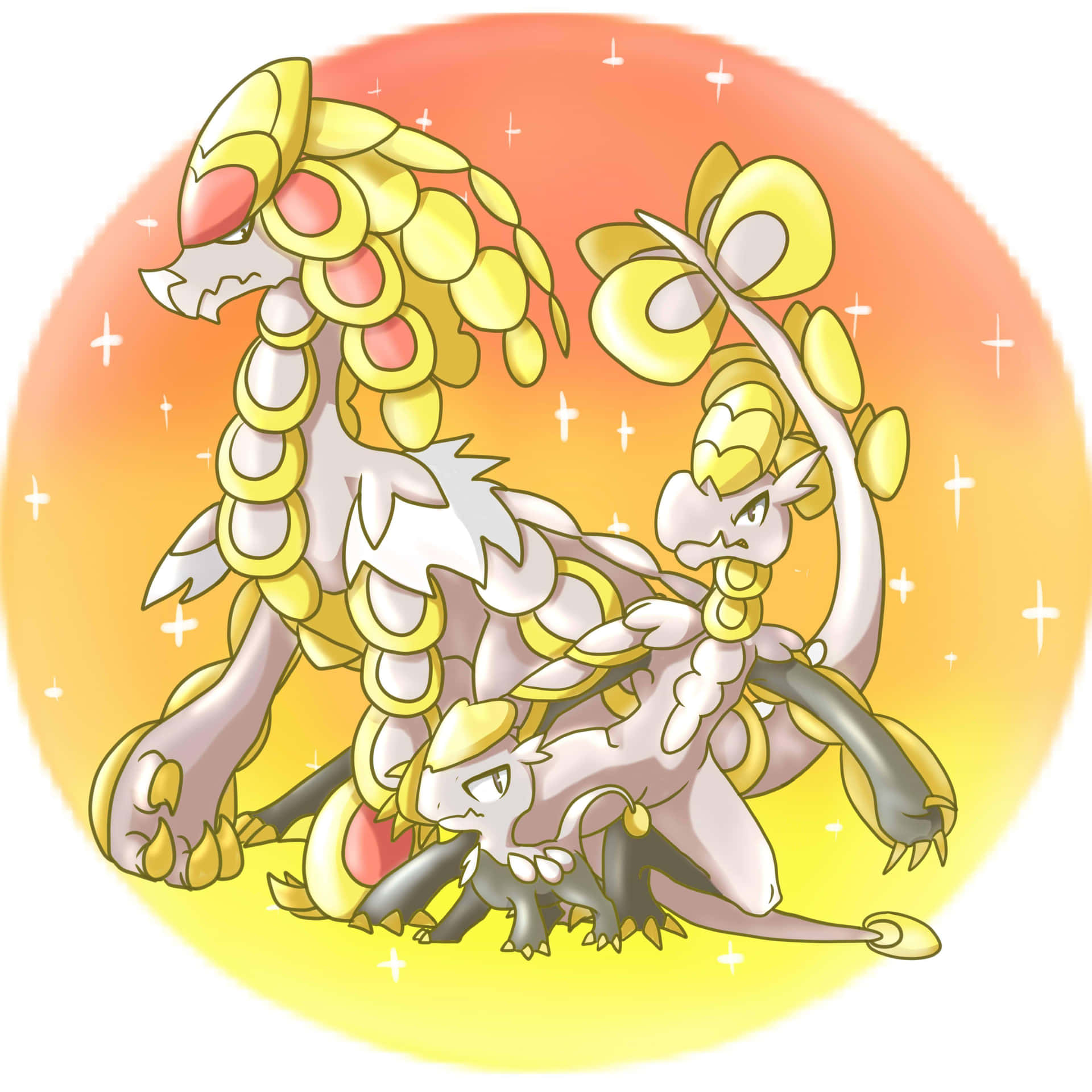
E.M. Forster’s Howards End puts me in a typical quandry.
Either I:
A.) Admit my initial impressions that this is a very engaging book that takes a rather progressive woman’s perspective; that this book advocates for women and gender equality - only to have it later pointed out to me that my impressions are incredibly wrong and the book is in fact a sexist attempt by a manipulative man to forward his own patriarchal agenda by making it seem like the woman’s perspective.
Or
B.) Wait to express any opinion until I’ve read the “established” opinions of other scholars – then draw my own conclusions, which, invariably are heavily influenced by the things I’ve read.
Which brings up the point that I am, unfortunately, the world’s most sympathetic reader. My friends and colleagues have been quick to point out that this is a virtue, not a vice, but existing in the competitive world of English Graduate Studies, it’s hard to convince myself. When everyone else shows up with their articles eviscerated by scrawling, angry denunciations, it’s hard to look at one’s own carefully highlighted copy and not feel that you’ve been had. “Actually, that just means that you’re not a dick,” says one helpful friend, “trying to make your own reputation by skewering others without actually giving their arguments a fair hearing.”
“You’re a generous reader, and I encourage and appreciate your generous readings...” says Michael Levenson, as I try to find a way to rescue “Melanctha” from the pits of utter racism (maybe it’s actually about the problem of a limited vocabulary – we’re all necessarily racist when we only have so many ways of referring to each other. Maybe it’s actually Stein’s way of begging for a more nuanced form of language!) “...but no. I think in this case it’s safe to say that this is a racist text.”
Well, for what it’s worth, I think it’s nice that Forster gives voice to the double standard, that the heroine flat-out tells her husband “you’re using a double standard when judging your sexuality and my sister’s.” And I guess you could say that Howards End is all about what to do with these new women who quite literally leave their father’s house to find one of their own? The back of my cheap-o Vintage Paperback edition has a quote from Lionel Trilling that says, essentially, who will inherit England? Will it be the artistic, the bold, or the conventional?
Ultimately, I’m afraid to say that I don’t really care. Howards End was a wonderful read, and I believe it’s a wonderful book, but it didn’t move me to want to explore its themes the way other books have. Maybe it’s the simple fact that it takes place in England, and I’m so hopelessly mired in my fascination of all things American right now.
 Maybe it’s that I finished the book two weeks ago and its joys have already been usurped by Frank Norris’s The Pit.
Maybe it’s that I finished the book two weeks ago and its joys have already been usurped by Frank Norris’s The Pit. I quite simply don’t have much to say about it – but check back tomorrow when I’ll have read other people’s opinions about the book and, not doubt, have decided that it’s an endlessly fascinating piece of work about why men should take back England from the hysterical women who are running it into the ground.
Cheers!
*Shout-out to all you 18th Century American Novel buffs!




No comments:
Post a Comment